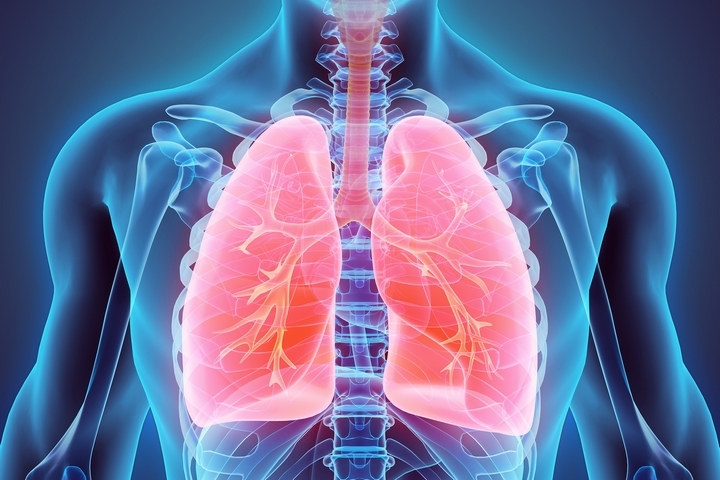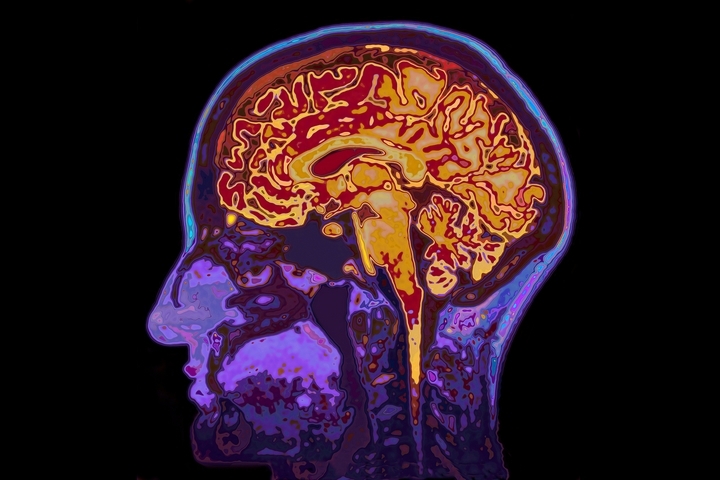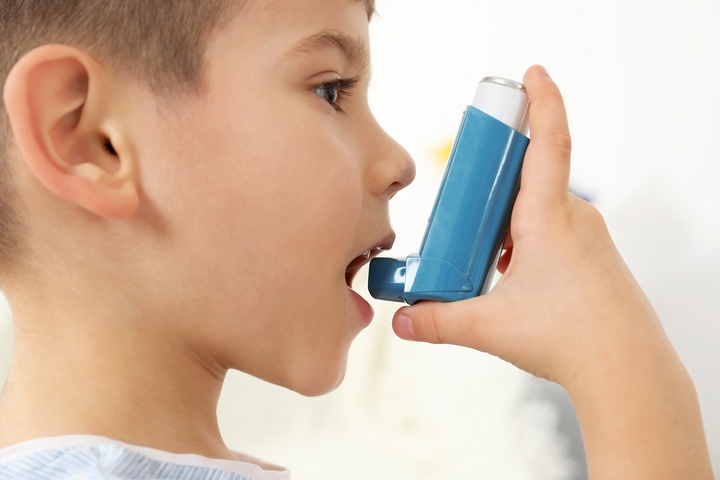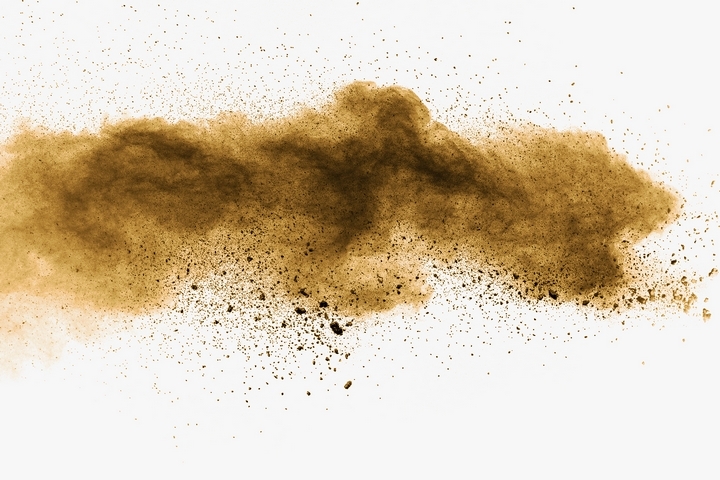Sometimes, the smallest of things can manifest into the biggest of problems. Look no further than the troublesome nature of dust. We all know that dust can be dangerous if we are exposed to it in some fashion for a prolonged period of time. However, the dangers of dust go beyond just what is commonly known. These tiny particles of debris and dead skin can pose some serious health risks, both in the short term and long term.
Your organs need to be in a consistently healthy state in order for your body to properly function. As such, don’t ignore the dangers of dust. A small amount will not affect you, but, if left to fester and accrue, your health will definitely be negatively impacted.
In order to combat the symptoms of dust exposure, you need to start by implementing dust control products and solutions in your everyday life. To help you understand exactly how dust affects the human body, here are the six biggest dangers of dust that could detrimentally impact your health:
Danger #1: Dust will impact your lungs.

The most common danger of dust on your health is the impact it has on your lungs. When exposed to dust for a sustained amount of time, breathing problems will be the first of your initial worries. Once inhaled through open parts of your body such as your nose, they take up air space in your lungs.
This then causes blockages in your chest. The first symptoms to experience in this event would range between coughing attacks or wheezing. Long term effects can prove to be more damaging, however. Dust build-up on your lungs can lead to incurable diseases such as lung cancer, if not careful.
Danger #2: Dust will affect your skin.

Those who suffer from chronic skin conditions such as eczema will know all too well about the debilitating dangers of dust exposure. Even taking the necessary precautions, such as wearing protective gear, won’t fully protect you from the negative effects of dust.
In essence, dust has to eventually settle. The most obvious destination for this would be your skin. When left to accumulate, dust can lead to allergic conditions at first. If proper steps are not taken, your skin will experience awful episodes of itching and severe dryness.
Danger #3: Dust could have consequences for your brain.

The brain is probably one of the most important organs we have in the human body, if not the most important. If you believe that physical impact is the only way of negatively impacting the brain’s health, think again. Dust build-up can eventually affect certain cerebral functions if not careful.
Studies have shown that people who have a regular inhalation of dust are more susceptible to diseases such as dementia. These same individuals are also at risk for stroke development as well. Your brain has to remain at a healthy state in order for the entire body to function. Make sure it is well taken care of!
Danger #4: Dust can inflame other diseases.

If you suffer from chronic health conditions such as asthma, then you are already aware of the dangers that dust build-up can present. Although anybody can be harmed by enough exposure to dust particles, those who suffer from these chronic diseases can be negatively affected tenfold.
For example, even the smallest amount of dust particles can lead to terrible secondary health issues such as chronic obstructive airways disease. Other specific lung diseases such as chronic bronchitis can manifest if the proper steps are not taken to reduce overall exposure. Protect yourself at all costs; your condition can magnify and produce other concerns if not careful.
Danger #5: Dust could affect your baby’s development

If you are a new parent, then you’ll want to make sure that you are in a dust-free environment. Recent research has found that the accumulation of dust particles can influence a baby’s healthy development. Bacteria found in samples collected from a baby’s gut can lead to some serious diseases down the road.
The collection of this bacteria was found to be a combination of small faecal matter and bugs that culminated in the form of dust particles. If left to fester, the particles may negatively impact behavioural characteristics and health. Your child’s health is dependent on a clean home!
Dust #6: Dust could make you impervious to medication.

Dust build-up in parts of the body such as our lungs can become even more dangerous than previously mentioned. If certain protocols are not taken, the bacteria found within dust particles can become much more of a problem than initially expected.
Most of us have come to believe that the bacteria and materials inside dust particles are dead. However, some antibacterial properties, such as triclosan, could cause bacteria inside of dust particles to become resistant to medicine. These properties can worsen symptoms brought forth by dust accumulation, and can prevent traditional prescriptive drugs from working.

